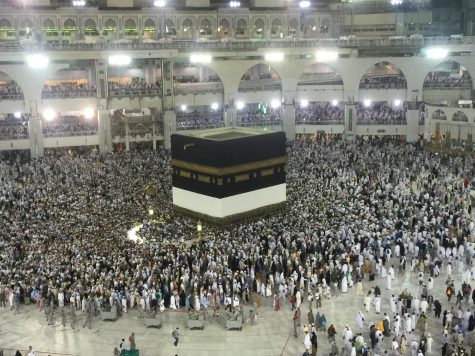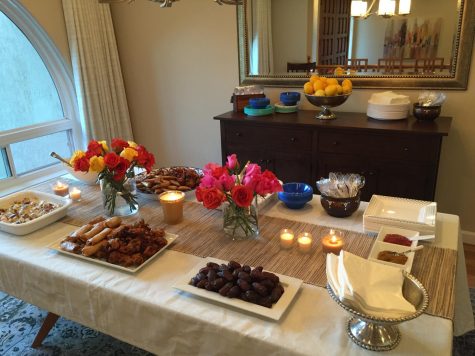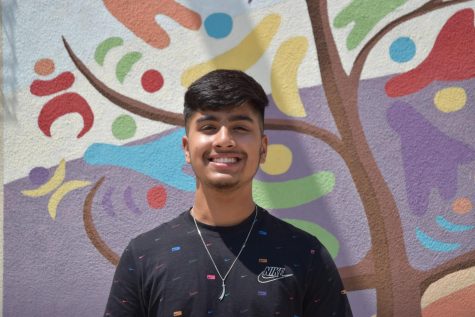How students celebrate Ramadan
April 30, 2022

As Ramadan started at the beginning of April, Muslims from all around the world are fasting to strengthen their spirituality with God. Muslims fast from sunrise to sunset every day for 30 days straight. The belief in fasting during Ramadan centralizes on the feeling of hunger that less fortunate people endure every day.
“The significance of Ramadan is to bring yourself closer to God through fasting and prayers. The point of fasting is to feel for the poor and the unfortunate in the world who aren’t as lucky as us to have food and water every day,” said Jaylon Shaghasi (‘24).
During the period of fasting, one is not allowed to eat or drink anything at all. Doing so would break the fast, and that day would not count. Muslims fast to show their devotion to God, but it also minimizes caloric intake and acts as a health benefit.
“I feel much better when fasting for many days straight. I lose a lot of weight, and overall feel a lot healthier. I know many people also participate in intermittent fasting on a regular basis. This is pretty similar,” said Ali Ulusu (‘23).
Fasting may seem very difficult at first, but your body begins to develop its own routine and gets used to the feeling of hunger. After the first couple of days, the process almost goes unnoticeable.
“The first few days are always the hardest, but I’ve gotten used to it by now. The thirst is what usually hits you the hardest, especially on these hot California days,” said Amir Salehifar (‘25).
To make up for all the lost calories during the day, many families will usually throw huge iftars, or dinners, during the night. These feasts are filled with the most delicious, cultural foods that almost everyone looks forward to. Families gather together to celebrate a day of fasting with their loved ones.
“My parents always make the best iftars daily. Towards the end of the day, my mom will be cooking an amazing feast, filled with foods such as samosas, dates, and spicy fruit. It’s something that I truly look forward to every single day,” said Shaghasi (‘24).

After 30 days of Ramadan are completed, the final celebration to end the spiritual month is a grand celebration on the day of Eid. Just like iftars, families reconnect at many parties throughout the celebratory day to eat, pray, and reflect on the month of spirituality that has just concluded.
“Ramadan overall means so much to me and my family, and I am super excited to finish off the holy month with an amazing Eid party,” said Ulusu (‘23).




